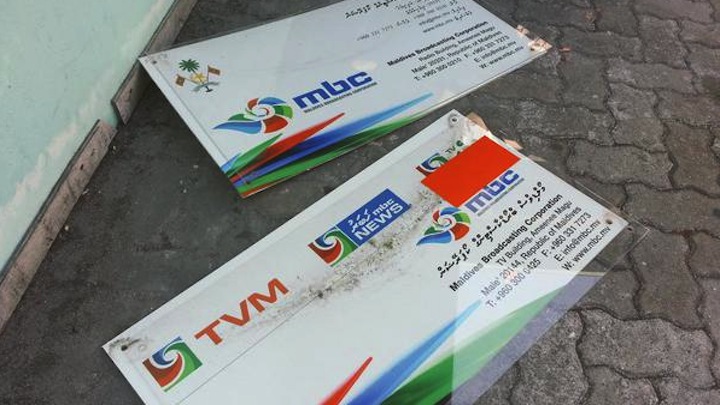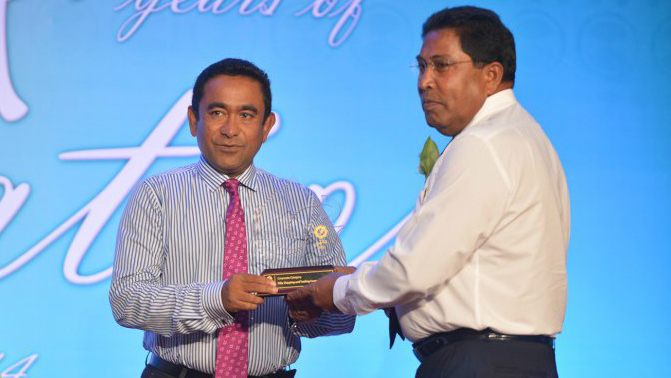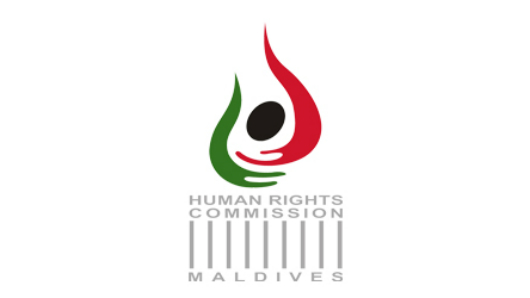The employment tribunal has ordered the state TV to reinstate a reporter who was sacked unlawfully in February and ordered a payout of MVR 100,800 ($6536) as compensation.
Nasrulla Haadhy, a long time employee of Television Maldives (TVM), was dismissed when he refused a transfer to a bureau in southern Addu City.
“I was sent to the Addu City bureau, but there was no office there. They also did not give me food and salary allowances that were provided to others who worked out of Male’ City. Their reason was that my wife is from Addu City. I refused, and then they dismissed me,” he said.
Nasrulla now works at privately-owned Channel 13.
“I intend to return to the job. I worked there because I loved to work there and I have no problem with the management. I just disagreed with two people from the senior management,” he said.
In March, a TV Anchor Ali Shamin was dismissed from TVM after he alleged the station was biased in its coverage of political unrest triggered by the jailing of ex-president Mohamed Nasheed.
A senior journalist Mohamed Afsal was demoted in the same month after he criticized the criminal court for refusing to let journalists leave the court premises during a break in between hearings in Nasheed’s terrorism trial.
Minivan News understands Afsal was reinstated to his former position when he threatened to file charges at the Employment Tribunal.
The government in April seized control of the state TV and radio stations after dissolving the Maldives Broadcasting Corporation through a new law.
Ruling party MPs appointed five members proposed by President Abdulla Yameen to the new Public Service Media (PSM) board without interviewing them.
The International Federation of Journalists (IFJ) called a move an attack on press freedom and described the PSM as a “state mouthpiece.”
Umar Manik, the chairman of the former board, was the only incumbent who was appointed to the new board.
Staff at the PSM have long complained of favoritism and lack of independence in successive governments.
Some staff who spoke to Minivan News today said the new board had promised changes.
“We have always complained about favoritism and discrimination. The new board promised change but it is still the same,” a female reporter who wished to remain anonymous said.
Another senior journalist, however, said some journalists who were deliberately left without work are now included.
“The new board has included those who were isolated over disputes and is encouraging us to work together,” he said.





